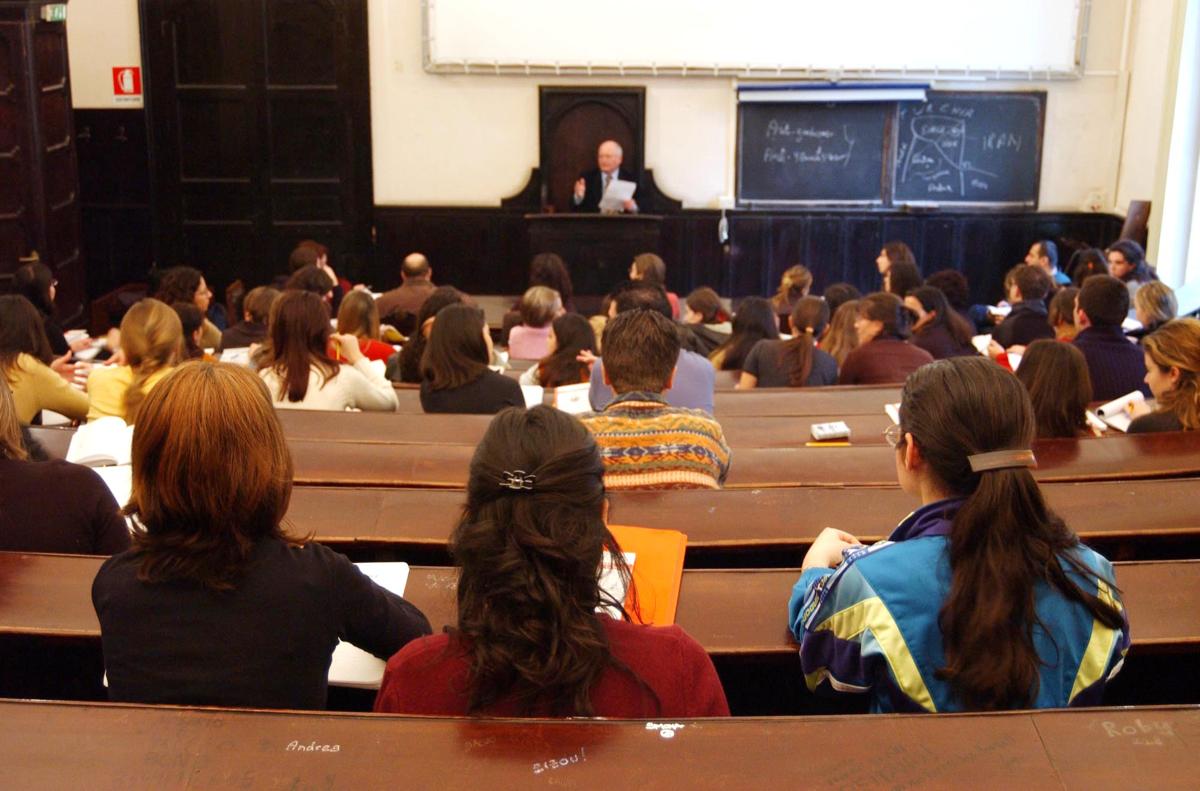Italian temporary professors need a pay rise, so do all teachers and academics in Europe
Published:
ETUCE member organisation in Italy, FLC-CGIL, recently released the results of a research conducted together with a network of temporary workers in Bologna shading light on the working conditions of around 26.000 temporary professors (professori a contratto) in Italian universities.
The research reveals that Italian universities employ underpaid temporary professors for courses that are quintessential to the academic curriculum, assessed as compulsory for students’ curricula, paying them wages that could be as low as €3.75 per hour. Moreover, they cannot benefit from maternity or paternity leave, sick leave or holidays and they can spend up to six years under such precarious fix-term employment contracts. According to FLC-CGIL, the main issue that explains such figures is that temporary professors are only paid for the hours spent teaching in class. This means that the working time dedicated to exams, student reception, correcting dissertations and doing administrative tasks is “for free”. All these tasks combined, the study reports, come down to 78% percent of the total working time of temporary professors. These extremely low wages even cause many of these highly educated professionals to take on side gigs, like food delivery, to make a liveable wage.
Commenting on these findings, Francesco Sinopoli, General Secretary of FLC-CGIL stated: "These numbers prove the deep crisis of Italian universities, suffering the effects of many years of budget cuts and growing working precarity. We urge adequate resources to guarantee supportive working environments and a massive recruitment of researchers and professors".
The deteriorating employment conditions of higher education and research personnel in several European countries have been repeatedly denounced by ETUCE, especially through its Higher Education and Research Standing Committee (HERSC), as universities and research institutions increasingly resort to precarious and low-paid employment practices, directly linked to cutbacks in public funding.
Susan Flocken, ETUCE European Director voiced the concern that “decade-long attempts to undermine or to limit the scope of bargaining and education trade unions’ involvement in social dialogue and collegial governance in universities are resulting in a deterioration of both professional and working conditions for those lecturers and professors working in the sector, undermining the quality of higher education and research across Europe.”
ETUCE believes that the only effective way to tackle the high level of casualisation and the proliferation of fixed-term contracts and precarious jobs, unrewarding working conditions and low pay, affecting the professional prerogatives of higher education and research personnel across Europe, is by fully restoring social dialogue and collective bargaining. To amplify the argument and demands of teachers and other education personnel, in 2017, ETUCE has joined the European trade union movement’s campaign “Europe needs a pay rise. It’s time for our recovery”. In a briefing note, ETUCE and EPSU make clear that public service workers also need a pay rise and for many this will be only a step towards restoring their pay to what it was 10 years ago.
Read the research results’ summary in English and in Italian.